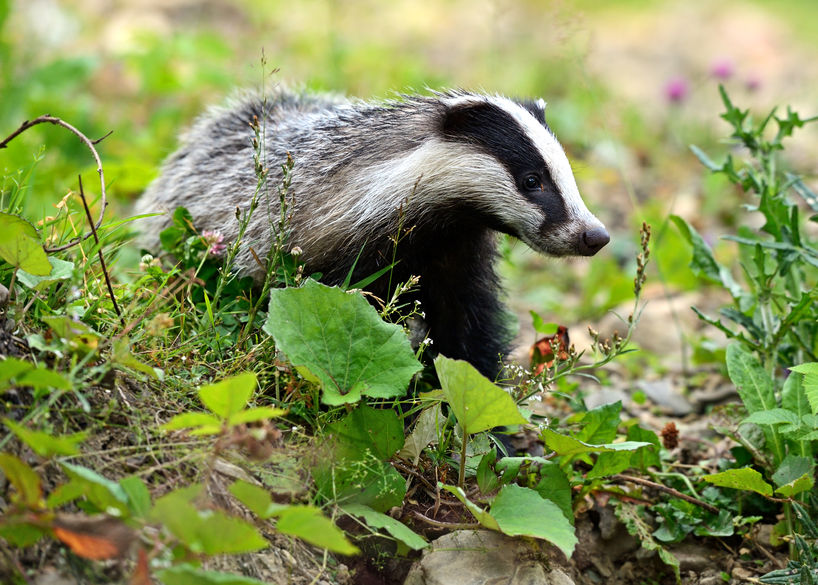
As the government prepares to roll out its badger cull to new areas across the country, new figures released today by Natural England reveal concern about risks to public safety and negative impacts on tourism.
A public consultation took place to gather responses to 29 new applications for badger culling licenses, across nine counties in England.
Almost 1,000 responses were received and more than two thirds raised a general concern that a badger cull in their area could have a negative impact on local businesses due to people avoiding the area.
Almost 400 respondents raised health and safety concerns around shooting in proximity to country pursuits such as walking, camping and wildlife watching.
'Overwhelming' negative response
Claire Bass, executive director of Humane Society International/UK which wants to see the badger cull abandoned as it has been in Wales, in favour of farm-based measures to tackle cattle tuberculosis, said: "The public’s overwhelming negative response to expanding the badger cull across nine English counties should be a major wake-up call to the government.
"Shooting badgers to control TB in cattle has been roundly condemned as cruel and pointless by virtually every wildlife and conservation expert qualified to comment.
"Local residents know that it’s a PR nightmare that will damage local economies, including tourism, and many have serious legitimate concerns over the public safety of license-holders running around the countryside in the dark with shotguns, taking pot shots at badgers.
"People don’t want this disastrous cull in their backyards, the government clearly has no public mandate to continue or expand it."
'Vital part of a comprehensive plan to control bovine TB'
However, the NFU have said: "The badger cull is not a political move.
"It is a vital part of a comprehensive plan to control and eradicate bovine TB where the disease is endemic", said Minette Batters, NFU Deputy President.
W"hen talking about the badger culls it is important to set them in the context of the size and scale of the problem of bovine TB – the disease the culls are designed to help tackle.
"Last year nearly 33,000 cattle were slaughtered across Great Britain because of bovine TB.
"More than 4,700 herds that had previously been clear of the disease were affected by it. It is an infectious disease for which there is no cure.
"According to Defra figures it is estimated that a bovine TB breakdown on a farm costs, on average, £34,000, with roughly £20,000 of that cost borne by the Government and £14,000 borne by the farmer through the loss of animals, the on-farm costs of testing and the disruption caused to businesses because of the movement restriction imposed following a positive test."
The government has stated it is currently considering 29 new cull licence applications for new cull zones, from across nine counties, these are: Cheshire, Cornwall, Devon, Dorset, Gloucestershire, Herefordshire, Somerset, Wiltshire and Worcestershire.
Licences for 2016 have yet to be issued, but culling is expected to continue, for the fourth year in Gloucestershire and Somerset, and for the second year in Dorset.
In previous years, culling has begun in late August/early September.
